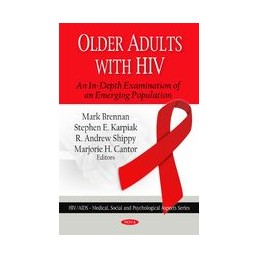- Reduced price

Order to parcel locker

easy pay


 Delivery policy
Delivery policy
Choose Paczkomat Inpost, Orlen Paczka, DHL, DPD or Poczta Polska. Click for more details
 Security policy
Security policy
Pay with a quick bank transfer, payment card or cash on delivery. Click for more details
 Return policy
Return policy
If you are a consumer, you can return the goods within 14 days. Click for more details
Data sheet
Reference: 74678
Author: Lubo Zhang
Reference: 78608
Author: Jodie Copley
Reference: 50290
Author: Nanette Santoro
Reference: 73918
Author: Adán I Betancourt
Reference: 76755
Author: Joan E. Pynes
Reference: 64705
Author: Enrique Ravina
Reference: 50937
Author: Carolyn Muller
